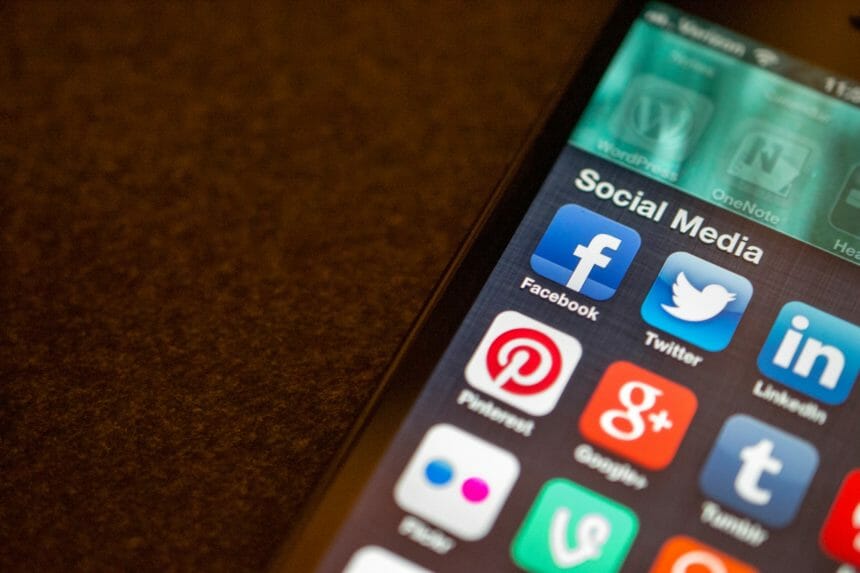Social media networks are becoming the front lines for information about the coronavirus pandemic.
Platforms are constantly updating their response to the coronavirus as the situation evolves. The main goal between the largest social networks is to prevent the spread of misinformation.
Facebook has taken several steps so far. The company has integrated COVID-19 information from credible sources into the news feed, events pages and around coronavirus news articles. It also created a dedicated “info center” for coronavirus that appears at the top of a user’s feed.
The company has also banned certain ads during the outbreak. The ban began with products making medical claims about the coronavirus and has since expanded to include ads for face masks, hand sanitizer, disinfecting wipes and COVID-19 test kits. The company hopes to fight price gouging and phony products.
Instagram, owned by Facebook, has taken similar steps. It is surfacing credible accounts in searches about coronavirus, like the CDC and WHO, removing misinformation and banning certain ads.
In early March, Twitter released a blog post for its brand partners to help them navigate the coronavirus crisis thoughtfully on the platform. The post urges brands not to use the outbreak as a marketing opportunity on Twitter and instead to use the platform to provide clear, thoughtful and appropriate information to their followers.
Twitter has also consistently updated its guidelines around COVID-19. The company has broadened its definition of harm, or the threshold needed to remove tweets. Twitter said it will remove content that denies any advice from health authorities, like suggesting the social distancing isn’t effective; promotes any phony products or harmful methods to diagnose or treat COVID-19; false or misleading information about the illness; and any content intended to cause a panic.
The company is also upping its response to this type of content, performing more quality checks on its processes and increasing the use of machine learning to identify this content.
Snap has accelerated its mental health initiative, Here For You, in light of the COVID-19 outbreak. The effort will show resources from health experts when a user searches for certain topics, including those related to anxiety, depression, stress, grief, suicidal thoughts, and bullying. The platform will also introduce creative tools to help users share factual information about the outbreak.
TikTok is also looking out for the mental health of its users. It launched a nightly program, #HappyAtHome, featuring celebrities that will help people feel more connected to others while practicing social distancing.
TikTok is also working with health authorities to promote accurate information about COVID-19. The World Health Organization has live streamed on TikTok several times. The company also created an information page with the WHO about the virus and added tags to coronavirus-related content pointing users to official information sources.
Finally, LinkedIn is helping workers navigate the new normal as many companies require employees to work from home. The company has published several articles for remote work tips and staying connected with colleagues and clients. LinkedIn also created a dedicated coronavirus news page, where the platform collects the latest news about the outbreak.








